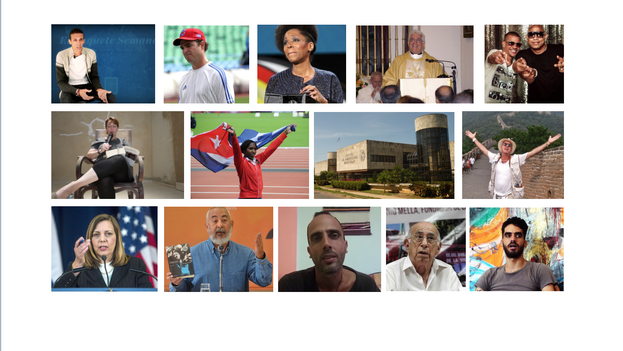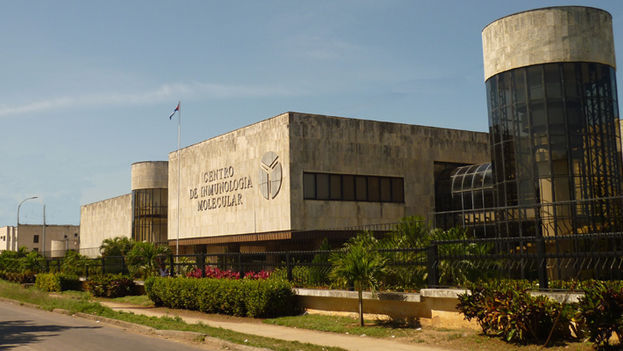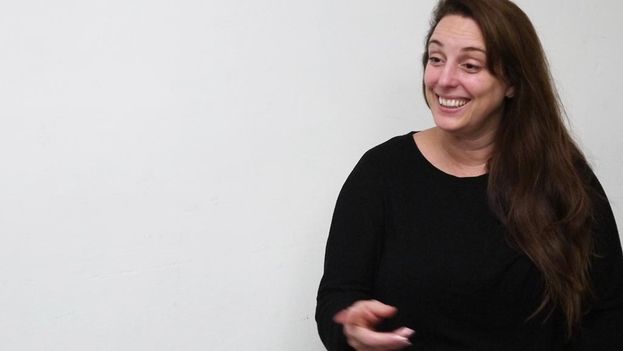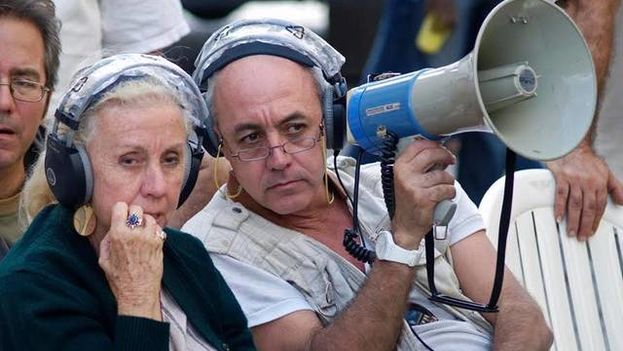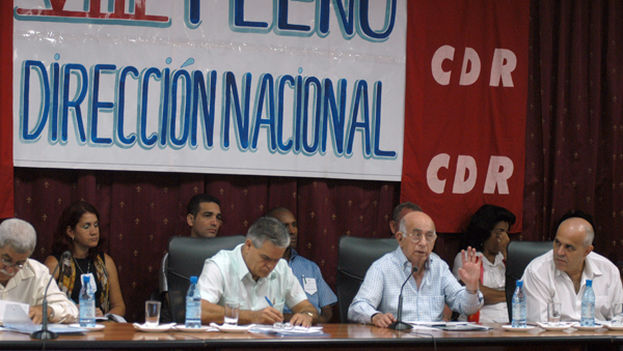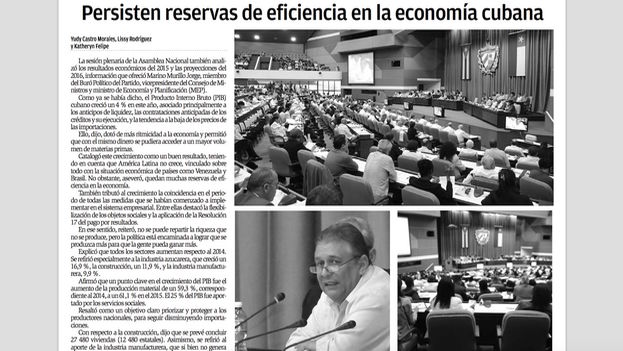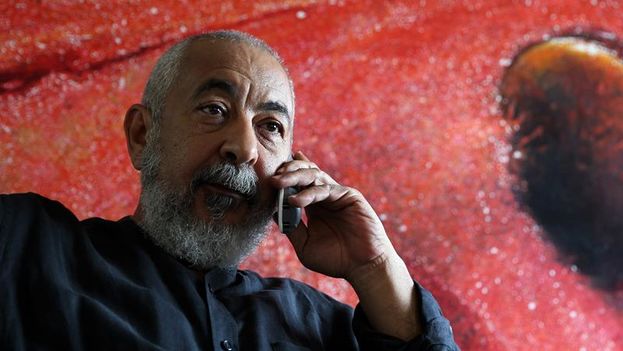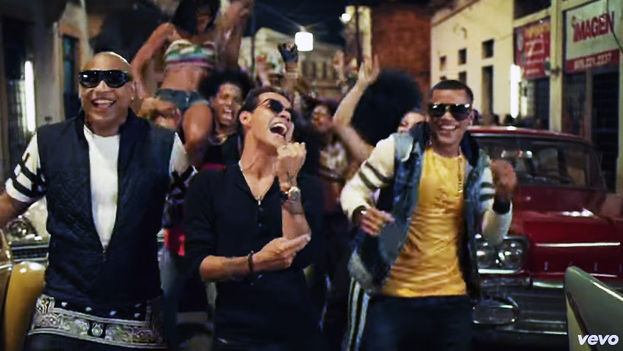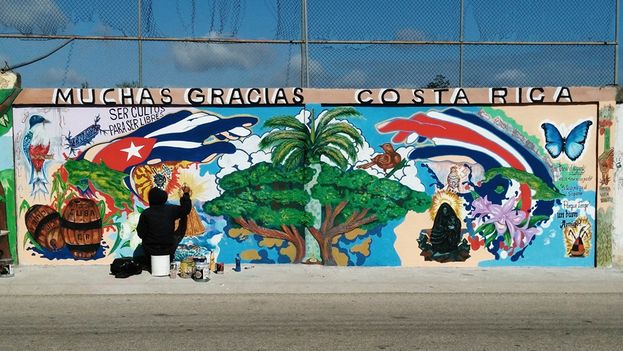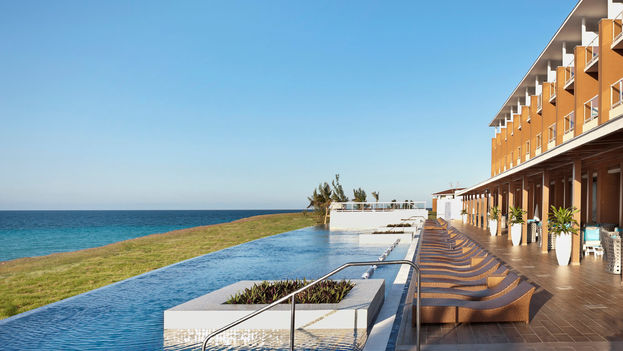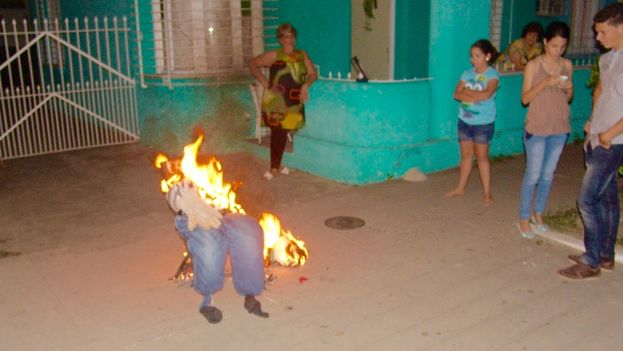The fact that Cubans who touch US soil can legally stay in the country, thanks to the Cuban Adjustment Act in effect since 1966, contrasts with the reality of the thousands of Guatemalans, Hondurans and Salvadorans who leave for the north every month, amid the uncertainty about whether they will arrive and, if they manage to do so, if they will be allowed to stay and for how long. continue reading
The situation was highlighted by the arrival of more than 8,000 Cuban emigrants in Costa Rica, which they have not been able to leave since 15 November when Nicaragua closed its border, citing reasons of security.
The phenomenon is linked to the reestablishment of relations, in December of 2014, between Washington and Havana, which led many to think that sooner rather than later the “wet foot/dry foot” policy that benefits the island’s migrants would be repealed. The policy was enacted at a time when the Castro government prevented the free exit and entry of Cubans from and to their own country.
Managua’s decision to close its border to Cubans coming from Costa Rica also triggered a political crisis in the isthmus due to differences arising within the Central American Integration System (SICA) with regards to how to solve the situation.
The president of Costa Rica, Luis Guillermo Solis, suspended his country’s participation in SICA’s political roundtable on 18 December, citing his disappointment and frustration with the position of Guatemala and Belize, which share land borders with Mexico, to block the passage of Cubans heading north.
On Monday, Guatemala, the SICA countries and Mexico reached an agreement for an early January “humanitarian transfer” of 50 Cubans stranded in Costa Rica, who will travel by air to El Salvador, from where they will continue by land to Mexico.
Panama said on Wednesday that it is negotiating with its neighbors so that the 1,000 Cubans stranded in its territory can also follow any route on their way to the “American dream.”
This free arrival of Cubans into the United States contrasts with the intentions of the US government toward hundreds of families, children and young people who entered the country illegally starting in 2014. According to a report in last week’s Washington Post, sources close to the operation said that a series of raids would be carried out to deport these immigrants, also starting in the first days of January.
In a statement picked up by Reuters, the government of Guatemala expressed “deep concern” about the plans and said it would be attentive “to whether the operations were carried out under strict rules of respect, professionalism and ethics.”
El Salvador also lamented the operation in a statement over the weekend, in which it warned that the measure does not provide a substantive response to the fundamental immigration problem in the region.
The government of Honduras, meanwhile, said it was not officially aware of the US plans.
In an interview with EFE, Nils Castro, former Panamanian ambassador to Mexico and Belize and one of the founders of the Panamanian Revolutionary Democratic Party, close to the Castro regime, said, “The small crisis of Cuban migrants has uncovered several things,” including “the weakness of SICA as system of integration. ”
“At the very least, there are double standards: first class and second class migrants,” Nils Castro affirmed, comparing the situations of Cuban and Central American emigrants.
Thanks to the United States’ “wet foot/dry foot” policy, he argues, “Cubans go with God’s blessing and no one doubts they will be able to enter and settle in the United States.” But Central Americans, especially Guatemalans, Salvadorans and Hondurans, “travel with risk” and the uncertainty about “whether they will be able to cross the border, and if they do cross it, whether they will be able to stay,” stressed the Panamanian diplomat.
The economies of the three Central American countries are plagued by high poverty rates and gang related violence and drug trafficking, relying heavily on remittances sent by their nationals in the United States to family members in their native countries.
This context explains the position of Guatemala whose president, Alejandro Maldonado, asked on 22 December for the suspension of the Cuban Adjustment Act, which benefits a few, or, alternatively, extending the Act “to all.” Among other reasons, the president argued that the provisions of the Act are a “stimulus” for Cubans to emigrate.
The Guatemalan Government, says Nils Castro, “expressed a widespread feeling in Central America. All Central American migrants are treated with extreme harshness in Mexico and also in the United States.”
He explained that the figure of more than 9,000 Cubans now stranded in Costa Rica and Panama “pales” against the number of Guatemalans, Hondurans and Salvadorans deported from Mexico and the United States: as of the first week of December, some 65,749 undocumented Hondurans were deported from Mexico and the United States, according to the Government of Honduras, while Guatemala cited a figure of at least 92,284 nationals deported from the two countries between January and November.
“In recent years, Mexico is harshly deporting Central American migrants. In the fiscal year just ended, Mexico deported more Central Americans than the United States did,” he said.
For his part, the former Ambassador of Panama to the Organization of American States (OAS), Guillermo Cochez, told EFE that the problem of Cuban migrants continues and “must be addressed at the United Nations.”
“I think the authorities of Central America and the United Nations should cooperate in this matter,” said Cochez, who applauded Panama’s policy of allowing Cubans to transit through its territory.
![]() 14ymedio, Havana, 24 December 2015 — The protagonists of 2015 Cuba have made their mark sometime in the past twelve months. These people from the areas of culture, sports, religion, politics, science or social activism made this year different and unique. They did it from celebrity or from ridicule; from victory or failure; from discretion or scandal.
14ymedio, Havana, 24 December 2015 — The protagonists of 2015 Cuba have made their mark sometime in the past twelve months. These people from the areas of culture, sports, religion, politics, science or social activism made this year different and unique. They did it from celebrity or from ridicule; from victory or failure; from discretion or scandal.